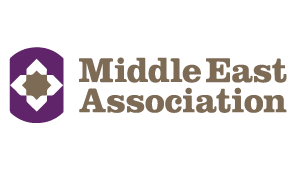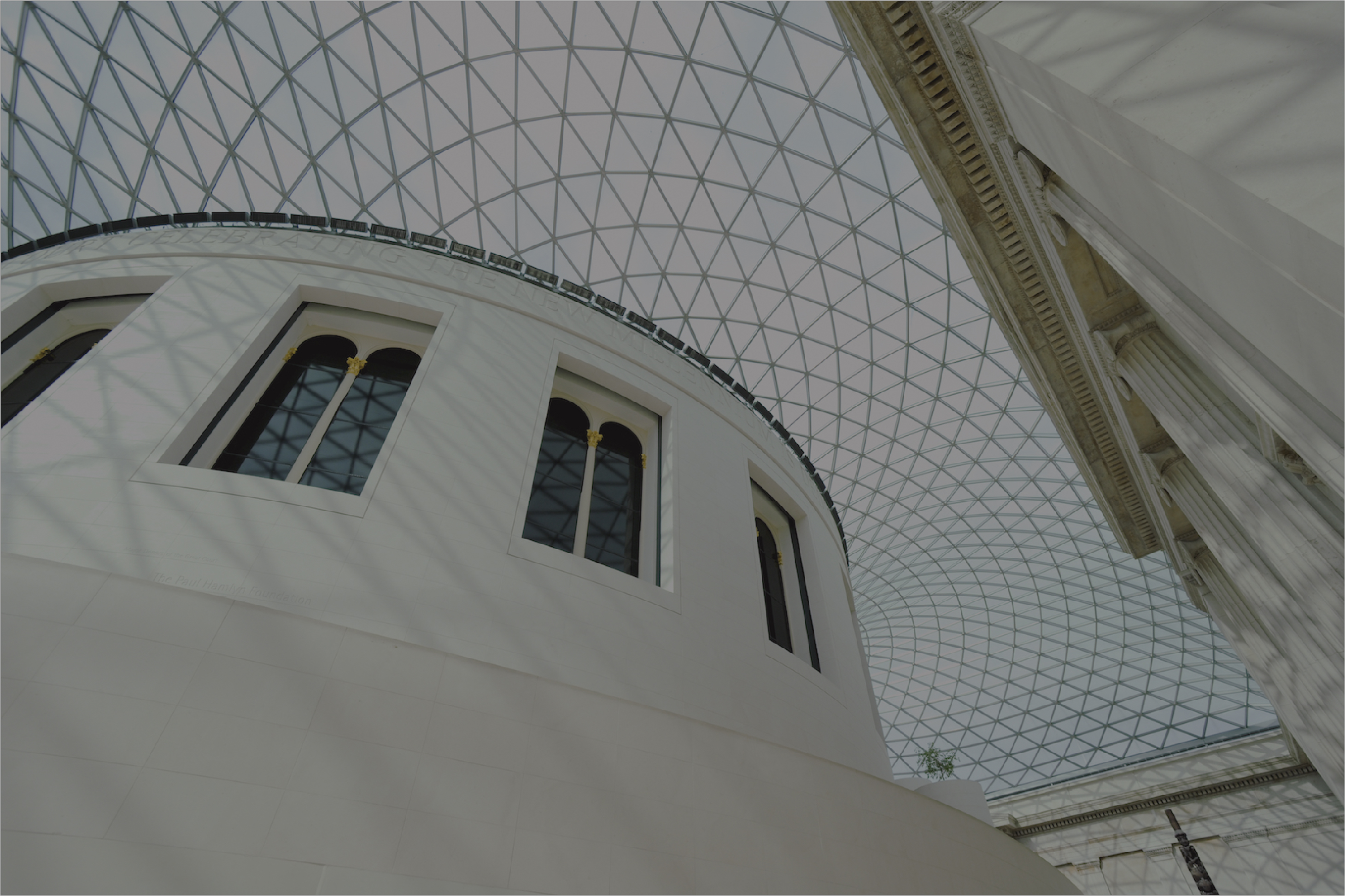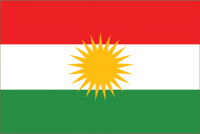Iraqi Kurdistan is a semi-autonomous region within Federal Iraq. Following the invasion of Iraq in 2003, subsequent political changes led to a new constitution being ratified in 2005. The constitution defines Iraqi Kurdistan as a federal entity in Iraq, and Iraqi Kurdistan has its own parliament, prime minister and president. The Iraqi Kurdistan Parliament (formerly known as the Kurdistan National Assembly and established in 1992), has wide ranging powers to enact legislation, with significant pieces of social, political and economic legislation such as the modern and generous Investment Law, a Petroleum Law and legislation was passed in 2010 that established an Environmental Protection and Improvement Board.
Power is broadly divided between two major parties in Iraqi Kurdistan, namely the Kurdistan Democratic Party (KDP) and the Patriotic Union of Kurdistan (PUK). The influence of these two parties is broadly divided between the north and south of the country, with the KDP controlling Erbil and Dohuk and the PUK the governorate of Suleimaniyah. However, in 2009 a new party called the Change Movement (sometimes referred to as ‘Gorran’) was established and it now has 25 seats in the Iraqi Kurdish parliament and is most active in the Suleimaniyah governorate. By contrast, the KDP has 30 seats in the parliament and the PUK, 29. Iraqi Kurdistan also has several Islamist parties represented in the 111-seat parliament.



